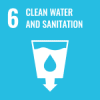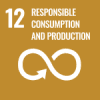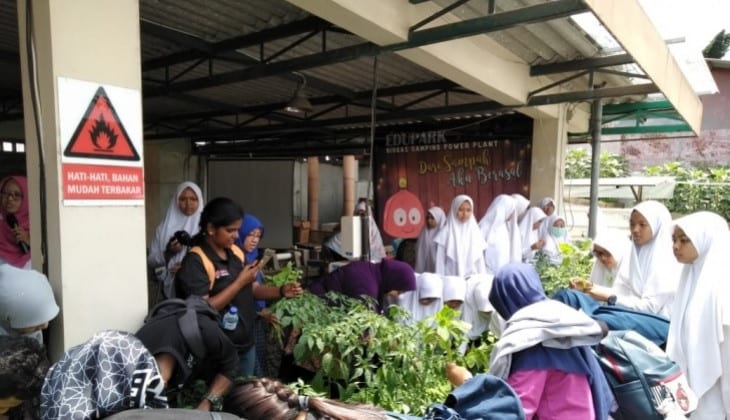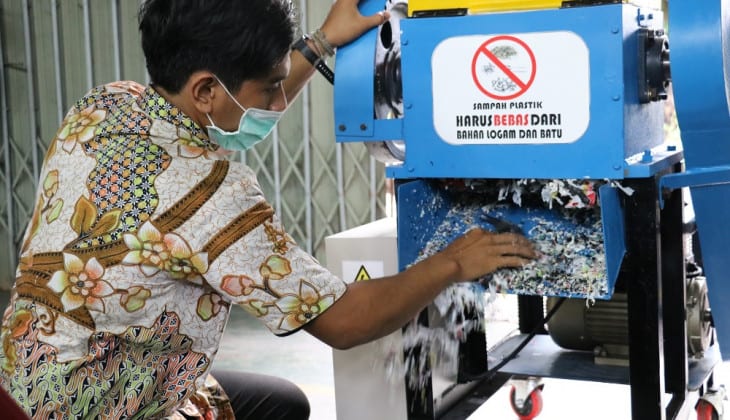
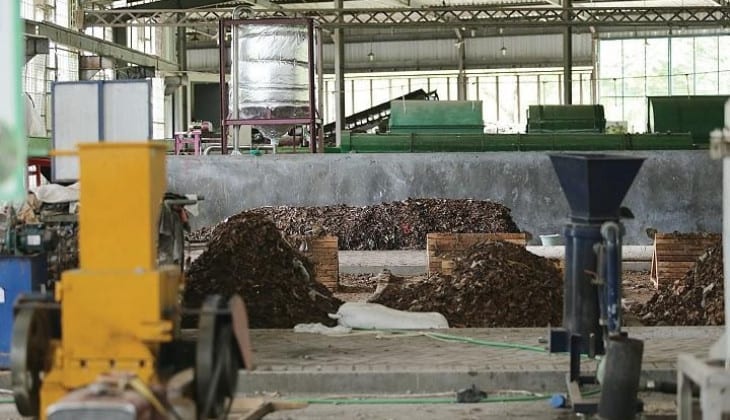
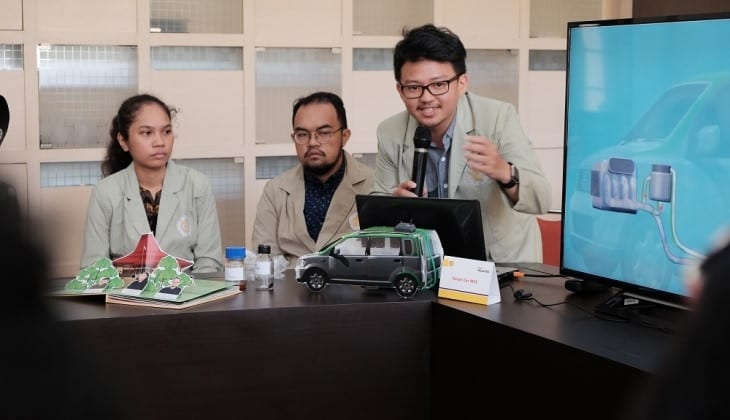
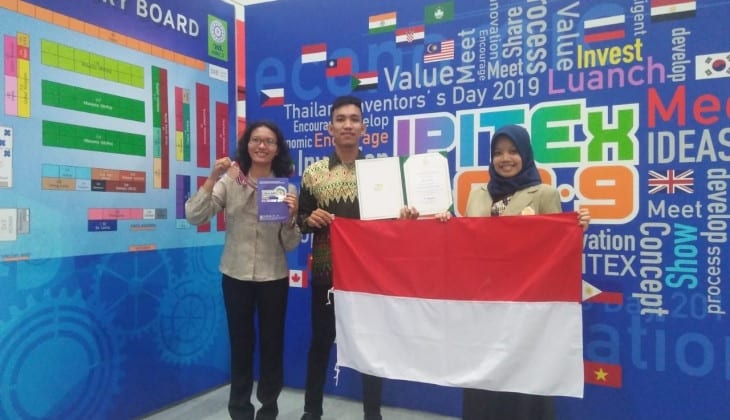
Garbage is a crucial problem in Indonesia. Government, the community, and UGM have tried to develop ways to solve this problem. Below we summarize some of the breakthroughs made by UGM students, lecturers and researchers.
- Convert waste into electrical energy
The Gamping Biogas Power Plant at Gemah Ripah Fruit Market, Gamping, Yogyakarta is one of the biogas pilot project units built to process fruit waste in the market into biogas. It is also aimed at reducing waste disposal that will be taken to the Piyungan Integrated Final Disposal Site (PST).
This installation was built in 2011 by the UGM Waste Refinery Center together with the Gemah Ripah Gamping Cooperative, the Regional Government of Sleman, and the Swedish Government. It processes fruit waste into biogas and generates electricity which is used by market traders in the area.
The Biogas Power Plant was developed to realize the zero waste process by utilizing a slurry digester which is rich in microbes and fertilizer components to grow various kinds of vegetables.
- Asphalt material made from plastic crackle
UGM researchers from the Faculty of Engineering developed a plastic chopper machine that can be used to manage plastic waste in the community by turning it into an asphalt mixture.
This innovation was developed by Muslim Mahardika, Dean of the Faculty of Engineering, Prof. Nizam, Rachmat Sriwijaya, Sigiet Haryo Pranoto, and Fajar Yulianto Prabowo.
The main purpose of this machine is to develop plastic waste processing into valuable products as well as reducing plastic waste in the community. The shredded plastic is used as a recycled plastic material by recycling plants and also as an asphalt mixture.
The machine has been developed since the beginning of 2018, as requested by the Ministry of Public Works and Housing as they needed an asphalt mixture made from plastic for road construction. Unlike the other chopping machines on the market, this one requires low power.
- Recycling system
Efforts to manage waste within UGM are realized by the construction of a waste processing system at the House of Innovative Waste Management (RINDU) at the UGM Agrotechnology Innovation Center (PIAT).
RINDU is a large-scale integrated waste processing facility that has been operating since 2011 based on the concept of 3R: reduce, reuse, and recycle.
RINDU implements three technologies: (1) fermentation-based technology, which includes composting and biogasification; (2) thermal based technology, such as pyrolysis of plastic waste using a catalyst; (3) mechanics-based technology, such as drying, shredding, and pelletizing.
More than 5 thousand tons of waste have been managed by RINDU into a variety of efficient and economically valuable products.
- Waste powered car
Chemical Engineering students, Herman Amrullah, Sholahuddin Alayyubi, Thya Laurencia Benedita Araujo, and Naufal Muflih developed a smart car design which is capable of converting plastic waste into low-emission fuel.
The project was titled “Smart Car Microalgae Cutivation Support”. With this idea, they won the world champion in the Shell Ideas360 competition in London 2018.
They modified the car by adding a number of tools such as a pyrolysis reactor tube to accommodate and process plastic waste into liquid fuel in the car body.
Through the pyrolysis process, the waste is converted into liquid fuel by using heat from the car’s exhaust gas, which can reach 400-500 degrees Celsius.
This car is also equipped with Microalgae Cultivation Support (MCS) technology to reduce the amount of CO2 exhaust gas in the vehicle. With this technology, it can reduce CO2 levels produced in car exhaust gases.
- Waste buying and selling application prototype
Three students of the UGM Faculty of Agriculture, Yusroni, Junita Solin, and Novia Adistri Putri are currently developing an application called PLASTIC. This Android-based application will later allow Indonesians to do transactions of waste recycled products.
Through this project, they were awarded with a bronze medal from the National Research Council of Thailand and a special award from the World Invention Intellectual Property Associations (WIIPA) in Thailand Inventors Day 2019 in early February.
The application has a number of features such as accounts for sellers and buyers. Traded products are categorized based on materials, such as plastics, glass, wood, and others. It is also equipped with a chat feature to support the transaction process with a trusted payment system.
Through this application, they hope that people can become independent agents of recycling and feel the economic benefits.
Source: https://ugm.ac.id/id/berita/17788-lima-solusi-atasi-sampah-ala-ugm
